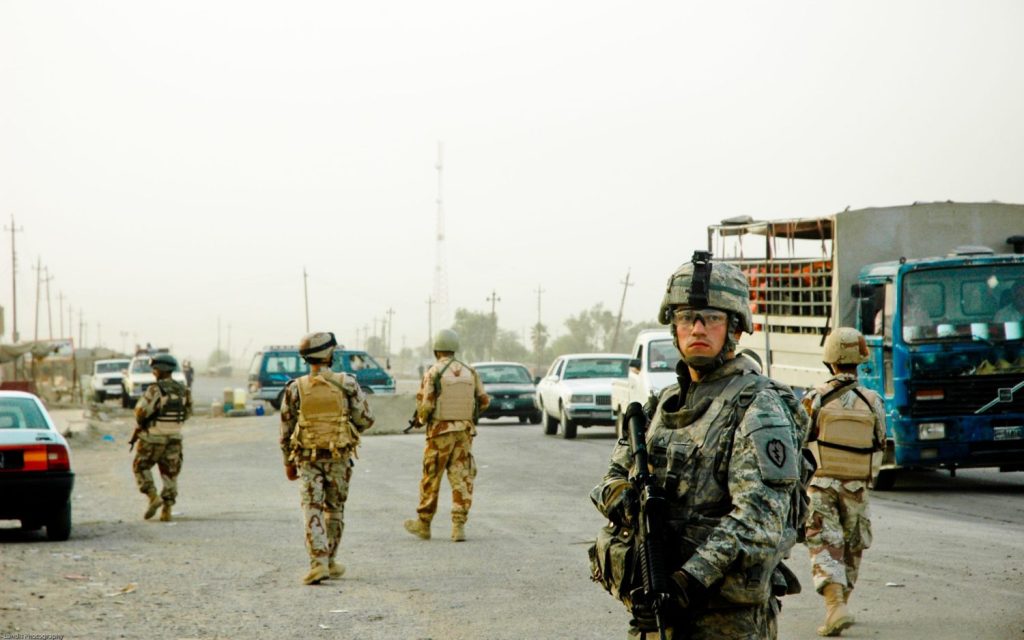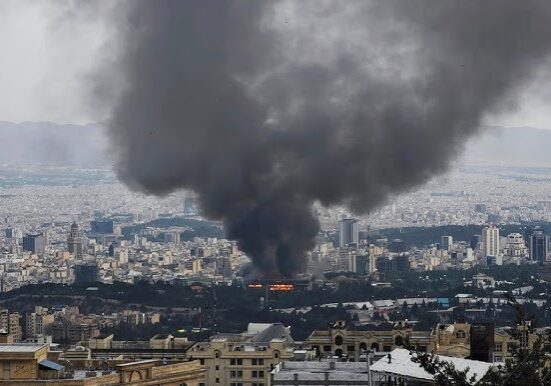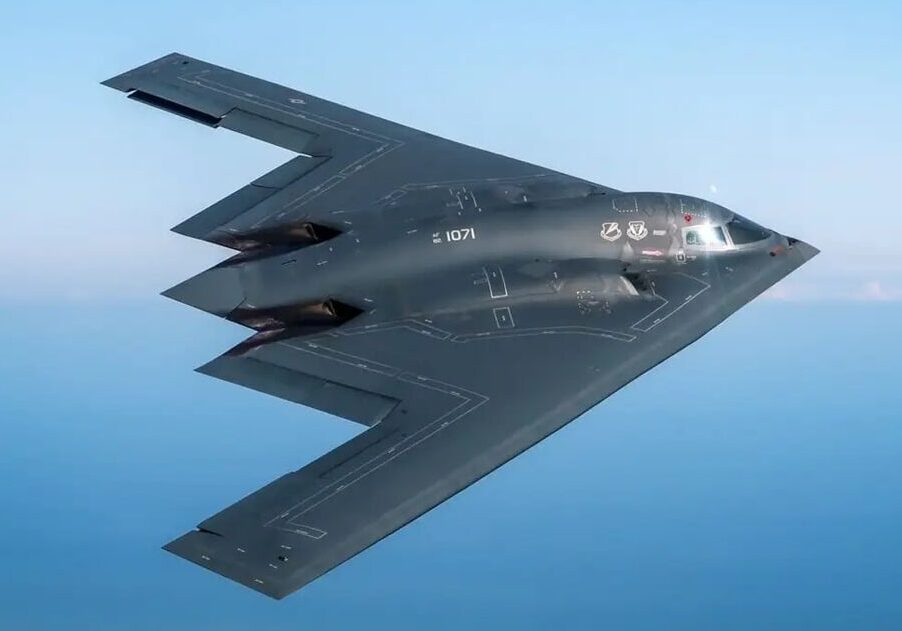Australia/Israel Review
Deconstruction Zone: Re-evaluating the Iraq War
Mar 28, 2023 | Michael Rubin

BAGHDAD, Iraq — March 20 marked the 20th anniversary of the Iraq War. Much of Washington follows John Kerry’s lead: they were with it until they were against it. Beltway wisdom is that President George W. Bush’s decision to invade Iraq and oust dictator Saddam Hussein was a strategic disaster.
The irony here is that those who most counsel diversity, checking privilege, and cultural sensitivity readily speak on behalf of Iraqis often without knowing any, let alone visiting the country. I have visited Iraq several times each year over the past two decades (once even with my eight-year-old daughter). I lived in Iraqi Kurdistan prior to that. Many pundits forget that the status quo was not tenable. The sanctions regime was collapsing. Even if intelligence indicating Saddam’s retention of weapons of mass destruction was wrong, the dictator’s own documents show that America’s choice was between ending Saddam’s rule and allowing him to reconstitute his weapons.
The idea that the United States had broken “the Pottery Barn rule,” as Secretary of State Colin Powell implied, and destabilised what otherwise might have been a stable country was a myth.
Iraqi Kurdistan had already peeled away. While Saddam’s Republican Guards dominated the day across southern Iraq, their control faded away from sundown to sunrise. If Saddam were alive today, he would be nearly 86 years old. His two sons were incompetent sociopaths. The notion that Iraq would have resisted the winds of the Arab Spring is ludicrous. To understand what Iraq would have looked like absent US intervention, picture the Syrian civil war. The only difference is that absent US presence, Iran would have had no checks on its ambitions.
Nor is it fair to blame the United States for a million deaths in Iraq. US forces did not kill one million Iraqis; insurgents and Iranian-backed militias did. To absolve these forces and bash America, which sought to counter such terrorism and protect Iraqis, is backward. The implied policy prescription: Abandoning Iraqis to local versions of the Islamic Revolutionary Guard Corps, Islamic State, or other Islam-tinged Khmer Rouge-like groups, would be morally obtuse.
For that matter, the Code Pinks of the world should come clean: The end of Saddam’s regime exposed the falsity of the accusation that Clinton-era sanctions killed a half million children.
This is not to say the US made no mistakes. Quite the contrary: L. Paul Bremer’s Coalition Provisional Authority (in which I briefly worked) was a disaster, disconnected from reality. Nation-building greased dysfunctional corruption. Ninety percent of the blood and treasure the US expended was not in the war but rather in seeking to build the country for which Iraqis did not feel full ownership. Designing elections to prioritise party lists over individual constituencies compounded the problem by empowering the ethnic warlords and sectarian extremists who drew up the slates.
Iraq today is a different place, and positively so. Half of Iraqis were born after the war; almost two-thirds have no real memory of Saddam. Iraqis instead know politicians debating issues ad nauseam and achieving only a fraction of what they promise. They complain the government is ineffective, but the culture of debate has sunk in. They do not fear to argue politics in restaurants or coffee shops – both of which thrive in Baghdad and across the country. Iraq’s Parliament is not a rubber-stamp body but hosts the most robust debates in the Arab world.
Fallujah and Ramadi, two former insurgent strongholds, are the envy of Iraq as local politicians buckle down to attract investment and build what the central government cannot. Late President Jalal Talabani was often unwell, and current President Latif Rashid is also unhealthy. They can disappear for weeks at a time, and Iraqis do not bat an eye.
Was the Iraq War mishandled? Yes. Was occupation bungled? Certainly. Will historians judge it better than its contemporaries did? Of that I am sure.
Michael Rubin is a contributor to the Washington Examiner’s Beltway Confidential. He is a senior fellow at the American Enterprise Institute. Reprinted from the Washington Examiner (washingtonexaminer.com). © Michael Rubin, reprinted by permission, all rights reserved.
Tags: Iraq, Middle East, United States






